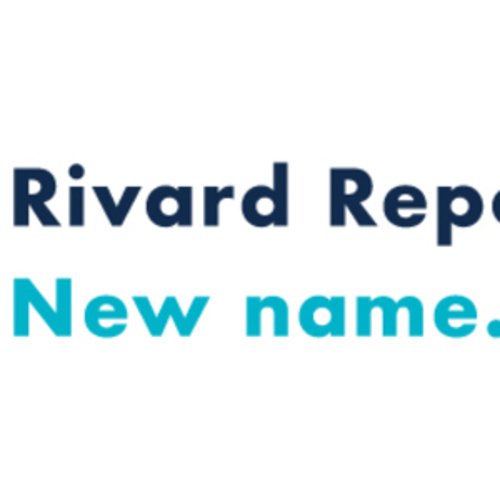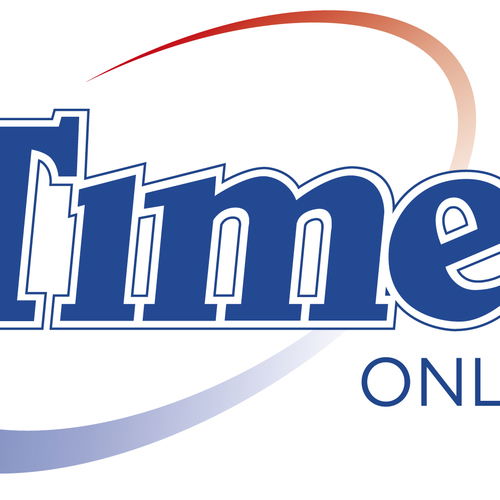A high-stakes debate is playing out in Texas over how, and whether, to restrict minors from using social media. Lawmakers are considering House Bill 186, which would ban anyone under 18 from creating or maintaining accounts on platforms like TikTok, Snapchat, Instagram and Facebook.
Supporters call the bill a necessary response to growing concerns about online safety, child exploitation and mental health. Opponents argue it overreaches, infringes on parental rights and unfairly limits teens’ ability to express themselves or engage in the digital world.
The bill’s path through the Legislature
The measure, authored by state Rep. Jared Patterson, R-Frisco, has already passed the Texas House. It now awaits a vote in the Senate, where lawmakers recently held a public hearing before the Senate Committee on State Affairs.
“Like so many parents across our state, I have watched my children grow up in a world that feels less and less safe. Not because of where they go physically, but because of where they go online,” Sen. Adam Hinojosa said during the May 15 hearing.
If passed, the bill would require social media companies to verify that all users are 18 or older before allowing them to create an account. Verification would rely on public or private records, and the companies would be required to delete that data immediately after confirming a user’s age.
Parents could also request that platforms delete their child’s account, and companies would be required to comply within 10 days. Violations could result in legal action from the Texas attorney general’s office, which would treat noncompliance as a deceptive trade practice.
Concerns about mental health and online trends
Senators point to CDC data showing that suicide is the leading cause of death among people ages 10 to 24, and they argue social media is a contributing factor. They also referenced a 2023 surgeon general report warning of the growing risks digital platforms pose to youth mental health.
The report says social media use among young people is nearly universal. Up to 95% of teens ages 13 to 17 report using at least one platform, and more than a third say they are online almost constantly. While most platforms in the U.S. set 13 as the minimum age for users, nearly 40% of children ages 8 to 12 use social media anyway.
“Social media is no longer just a place to share photos or chat with friends,” Hinojosa said. “It’s become a powerful, addictive force engineered to capture and keep our children’s attention.”
Lawmakers cited troubling viral trends such as the “blackout challenge,” where children attempt to choke themselves to the point of unconsciousness, and the “Benadryl challenge,” which led to reported overdoses and deaths.
Another major concern raised in the hearing was online predators. Legislators highlighted apps like Snapchat that feature disappearing messages and photos, making it more challenging for parents to oversee their children’s activities.
Youth voices push back
Despite the bill’s intention to protect them, several high school students testified against the measure, questioning whether a full ban is the right solution.
“The harmful content young people are exposed to online doesn’t disappear when they turn 18,” one high school student told lawmakers. “In fact, the impact could be even more damaging when they’re on their own for the first time.”
Opponents also criticized the bill’s age threshold. They argue it should apply only to users 16 and younger, noting that Texas allows teens to get a driver’s license at 16. They also cited Australia’s model, which bans social media use for those under 16.
Others emphasized social media’s positive aspects, including creative freedom, social connections and financial opportunities for young content creators.
“Social media has given me a way to earn an income legally and responsibly,” one teen told lawmakers. “It’s taught me real-world skills.”
A teenage athlete spoke directly to lawmakers, telling them a ban will hurt the possibility of a pro career.
“It will be putting Texas high school student athletes at a disadvantage for several reasons, including getting information on programs, connecting with coaches, and competitiveness,” William Weed said.
What are Texas parents saying?
KWTX, a news station in Waco, Texas, interviewed parents regarding a potential bill. Casey Wiley said it’s up to parents and guardians to implement safeguards against social media. He said it shouldn’t be up to the government.
“It’s moms and dads, aunts and uncles, grandmas and grandpas that should be handling that,” Wiley said. “I monitor that because even there, on YouTube Kids, they got some videos coming in that are not age appropriate.”
Another parent, Ambrosia Larijani, said social media should be seen as a tool.
“I think parents should be involved in what their children are posting on social media and how to interact with others on social media but I don’t believe we should take those rights away from our children,” she told KWTX.
Similar legislation already on the governor’s desk
Lawmakers passed a separate bill on Friday requiring age verification and parental consent before kids can download apps or make purchases in app stores. That measure now sits on Gov. Greg Abbott’s desk for consideration.
If House Bill 186 becomes law, the social media age restrictions would take effect on Jan. 1, 2026, while the bill itself would go into effect on Sept. 1.






























